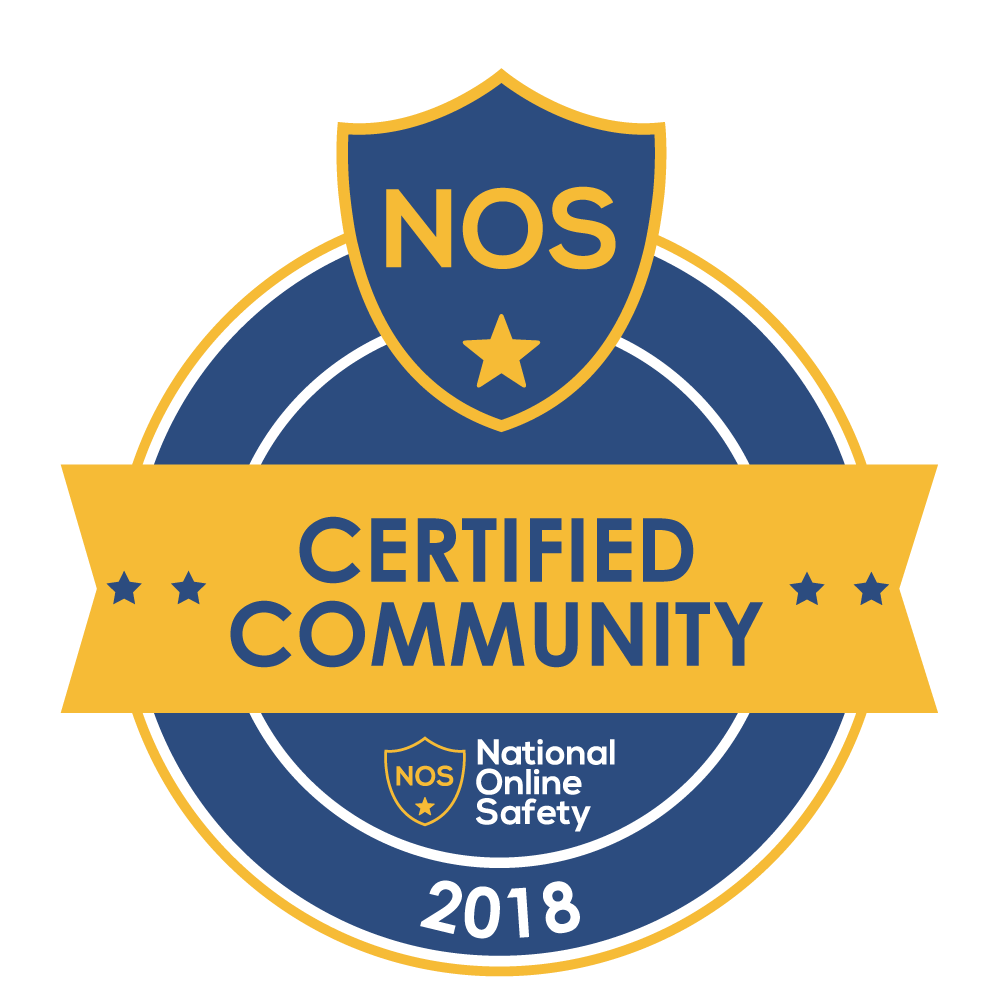Key Information
Below you will find a number of documents which you can download:
Distinctive Christian Character leaflet
Key Documents/ Policies
- Goodrich Term Dates 2023-2024
- Data Headlines 2022-23
- Goodrich Ofsted Letter- July 2018
- Accessibility Plan
- Accessibility Policy
- Admissions Policy
- Attendance & Punctuality Policy
- Charging & Remissions
- Complaints Policy
- Equality Policy
- SEND Policy
- SEND Information Report
- Data Protection Policy
- Parent Privacy Notice
- Pupil Privacy Notice
- LAC Policy
- 22-25 Goodrich Pupil Premium Strategy Statement
- Sports Premium Funding 2022-23
Behaviour & Safety
- Behaviour Policy
- TIPTOP & Spirituality
- Anti-Bullying Policy
- Positive (physical) Handling Policy
- Child Protection & Safeguarding Policy
- Child on Child abuse policy
- Health and Safety Policy
- Intimate Care Policy
- Administering Medicines Policy
- E-Safety Policy
Early Help
We work alongside our families to ensure that children are supported, particularly in times of difficulty. If you, your child or family would benefit from extra support with your well-being, or if you are worried about a difficult situation in your family you can contact us for support. You might benefit from Early Help.
What is Early Help?
Early Help is providing the right help at the right time to children, young people and their families. When a child, young person or the family need some extra support, Early Help is often the first response offered by those services in contact with them. It can be required at any stage in a child’s life, from pre-birth to adulthood, and applies to any problem or need that the family can’t deal with alone. Early Help can be school led or led by working with other agencies or a member of Herefordshire’s Early Help team.
Early Help means acting early and as soon as possible to provide support where problems are emerging for children, young people and their families.
The type of things Early Help can support with include:
- Family relationships
- Challenging behaviours
- Housing and financial matters
- Emotional and mental health worries
- Keeping your child safe (on-line and in the community)
- Child well-being and development
- Children and young people with special educational needs and disabilities (SEND), and their families
- Any issue affecting you and your family
If you would like some advice and support, speak to Mrs Miles or Mrs Taylor and we can discuss what support is available. Alternatively you can explore what is offered by the Children’s Help and Advice Team (CHAT) at Herefordshire Council.
Advice/ Support to help parents and carers to keep their children safe
Call the National Society for the Prevention of Cruelty to Children (NSPCC) helpline for support and advice if you have a concern for your own or another child’s safety on 0808 800 5000.
If you feel that a child is in immediate danger, call the police on 999. You can report concerns to the police on their non-emergency number, 101.
You can also contact the Herefordshire Multi Agency Safeguarding Hub (MASH) on 01432 260800.
Children and young people who have been victims of a crime may need support to cope and recover. You don’t have to report the crime to the police to get support. You can find free, local support teams across England and Wales on the Victim and Witness Information site.
Childline offers support 24 hours a day. Call 0800 1111
Advice to parents and carers on keeping children safe from abuse and harm Website with DfE and PHE guidance including tips, advice and information for parents about keeping children safe. Updated 22nd February 2021
Parents Protect Website Useful information page for parents to protect children from sexual abuse and exploitation.
British Values statement
In 2011 the government set out its ‘British values’ for life in modern Britain.
These were:
- Democracy
- Rule of law
- Individual liberty
- Mutual respect
- Tolerance of those of other faiths and beliefs
At Goodrich, these values sit alongside our Christian foundation, our PSHE (personal, social and health education) our SMSC (spiritual, moral, social and cultural) teaching as well as safeguarding arrangements.
Children understand and apply these values through a range of learning opportunities. For example:
- Our school rules, where children are taught to make good choices and understand that all are responsible for taking part in making our school a happy place to be
- Enabling children to take part in a wide range of clubs of their choice
- Having high expectations with regard to manners, behaviour and courtesy
- Supporting children to discuss differences and disagreements and find a solution
- Taking part in community initiatives such as ‘Scarecrow week’
- Helping pupils to value their own physical well-being through high quality school meals and sports provision
- Teaching children, on a regular basis, about the importance of the internet, social media and keeping safe
- Making links with other schools, both in in the UK and abroad
- Enabling parents and children to share in regular ‘Celebration Worship’ where good attendance, learning behaviour and house success are all valued

















